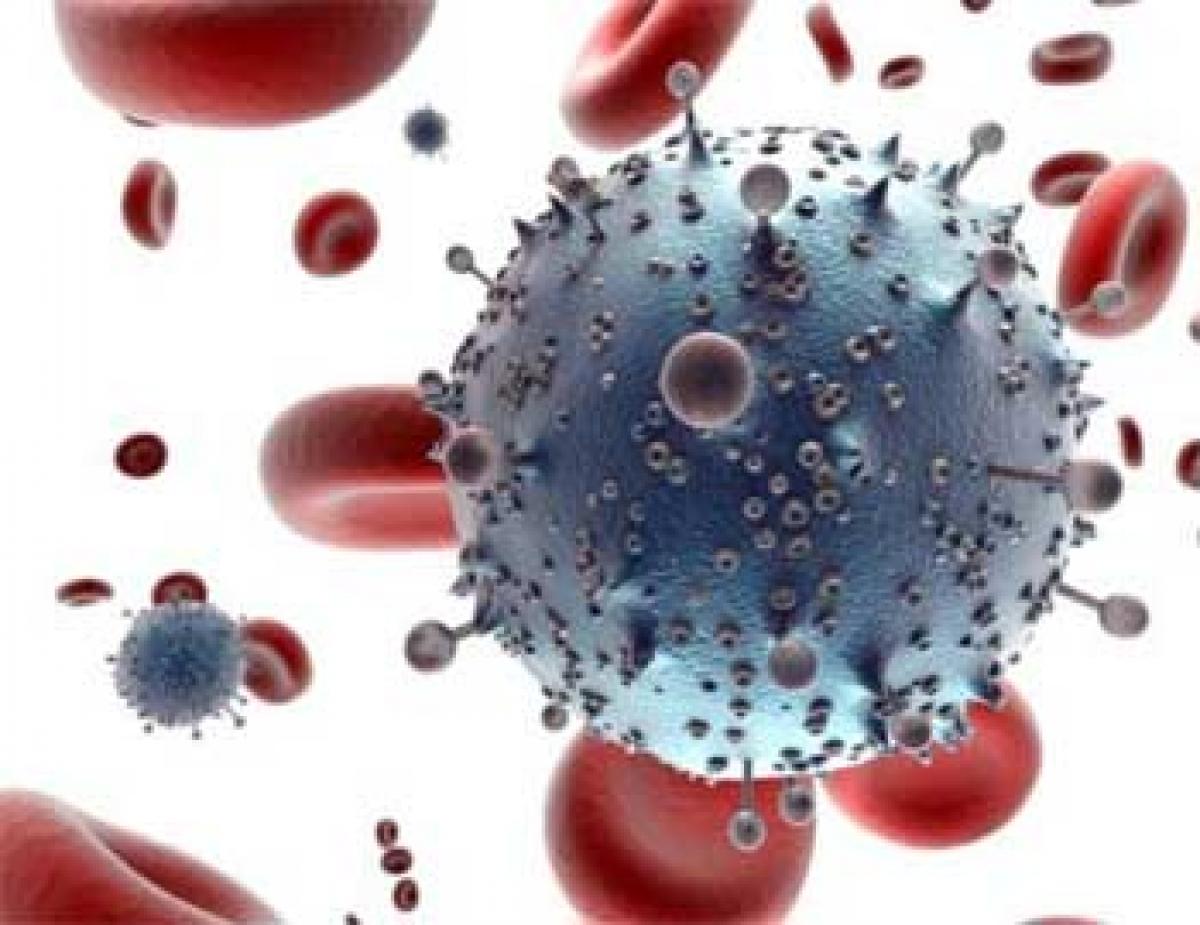Live
- Another tigress released in soft enclosure in Similipal
- Coastal defence exercise on Nov 20-21
- Budget allocated for Perur reservoir rekindles farmers’ hope
- Majhi to embark on 4-day Singapore trip
- 22 Balaji MBA College students secure jobs
- Panel to resolve inter-State disputes
- Matric exam from Feb 21 to March 6
- Keep your skin glowing this season
- Joshi flags off 10 battery-operated vehicles in Puri
- Adah Sharma shares her father’s ‘worst’ humour on morbid situations
Just In

Researchers have designed and synthesised a nanometer-scale DNA ‘machine’ that can make the process of detecting the antibodies that can help with the diagnosis of infectious and auto-immune diseases such as rheumatoid arthritis and HIV much cheaper.
 Researchers have designed and synthesised a nanometer-scale DNA ‘machine’ that can make the process of detecting the antibodies that can help with the diagnosis of infectious and auto-immune diseases such as rheumatoid arthritis and HIV much cheaper. Their new approach promises to support the development of rapid, low-cost antibody detection at the point-of-care, thereby eliminating the treatment initiation delays.
Researchers have designed and synthesised a nanometer-scale DNA ‘machine’ that can make the process of detecting the antibodies that can help with the diagnosis of infectious and auto-immune diseases such as rheumatoid arthritis and HIV much cheaper. Their new approach promises to support the development of rapid, low-cost antibody detection at the point-of-care, thereby eliminating the treatment initiation delays.
"One of the advantages of our approach is that it is highly versatile," said senior co-author of the study Francesco Ricci from University of Rome Tor Vergata in Italy. "This DNA nanomachine can be in fact custom-modified so that it can detect a huge range of antibodies, this makes our platform adaptable for many different diseases," Ricci said. The binding of the antibody to the DNA machine causes a structural change (or switch), which generates a light signal.
The sensor does not need to be chemically activated and is rapid - acting within five minutes - enabling the targeted antibodies to be easily detected, even in complex clinical samples such as blood serum. "Our modular platform provides significant advantages over existing methods for the detection of antibodies," professor Alexis Vallee-Belisle from University of Montreal in Canada noted.
"It is rapid, does not require reagent chemicals, and may prove to be useful in a range of different applications such as point-of-care diagnostics and bioimaging," Vallee-Belisle said. "Another nice feature of our platform is its low-cost," professor Kevin Plaxco of the University of California, Santa Barbara, US, pointed out.
"The materials needed for one assay cost about 15 cents, making our approach very competitive in comparison with other quantitative approaches," Plaxco said. (The findings were detailed in the journal Angewandte Chemie.)

© 2024 Hyderabad Media House Limited/The Hans India. All rights reserved. Powered by hocalwire.com







